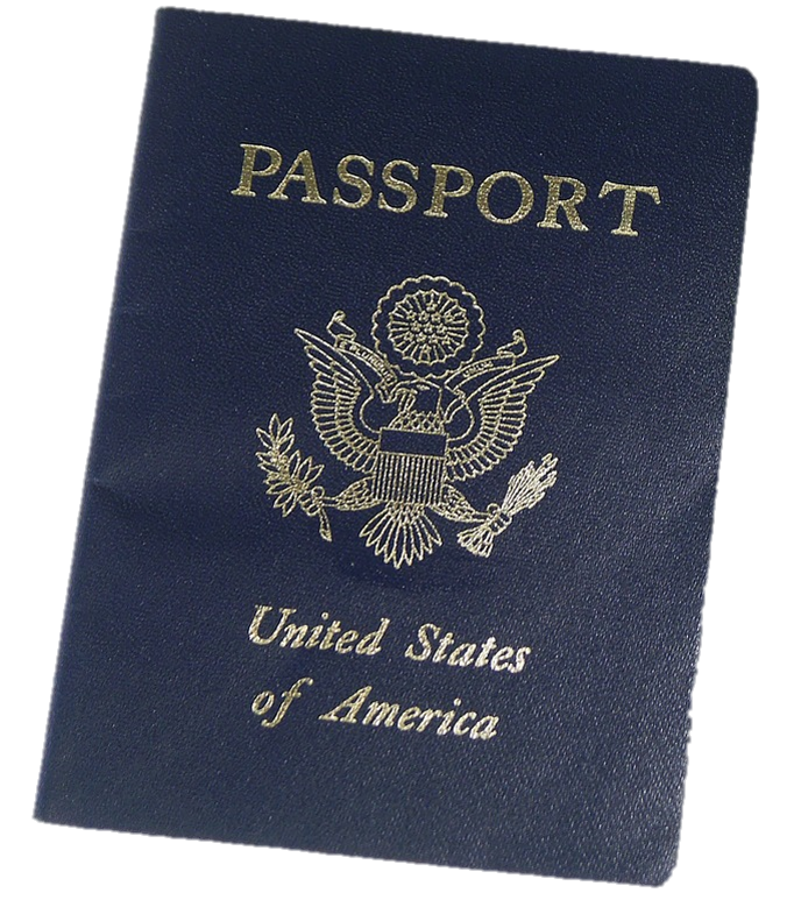Under these proposals non-domiciled individuals who have been resident in the UK for 15 out of the last 20 tax years will be considered “deemed” domiciled for the purposes of income tax and capital gains tax purposes. Consequently, they will pay UK income tax and capital gains tax on their worldwide income and gains as they arise. Such individuals will no longer have the option to pay an annual remittance basis charge to remove non-UK income and gains from the scope of UK taxation.
of the last 20 tax years will be considered “deemed” domiciled for the purposes of income tax and capital gains tax purposes. Consequently, they will pay UK income tax and capital gains tax on their worldwide income and gains as they arise. Such individuals will no longer have the option to pay an annual remittance basis charge to remove non-UK income and gains from the scope of UK taxation.
The concept of “deemed domicile” already exists for inheritance tax purposes. Under current rules a person who is not domiciled in the UK shall be treated for inheritance tax purposes as if they were domiciled in the UK if they were resident in the UK for 17 out of the last 20 years, paying inheritance tax on their worldwide assets. It is proposed that the IHT deeming rule will also be reduced from 6 April 2017 meaning individuals will become deemed domicile after spending 15 out of 20 years as a UK resident.
Non-domiciled long-term residents usually hold a large pool of offshore funds in which clean capital used to establish the fund in the first place is not segregated from foreign income and gains. Individuals deemed domiciled under the proposed changes from April 2017 will have to pay tax on future growth of the fund on an arising basis. However because the mixed fund rules will apply, they will not be able to remit the pre-April 2017 clean capital to the UK, until tax has been paid on the pre-April 2017 foreign income and gains.
The government plans to introduce a one year window in which individuals who will be deemed domiciled under the proposals from 6 April 2017 can rearrange their mixed funds into separate parts i.e. clean capital, foreign income and foreign gains into separate accounts. This will mean that they will be able to choose from which account they remit funds allowing them certainty on how those funds will be taxed. Such individuals should also set up new accounts to receive post-5 April 2017 income generated as this income will be taxable as it arises and therefore no further tax due on its remittance to the UK. Careful consideration will also need to be given to whether a new account will be required to receive the proceeds of any foreign gains originally purchased using pre 6 April 2017 foreign income or gains.
The government will allow an individual who will be deemed domiciled under the proposals from 6 April 2017, who have paid the remittance charge in any year before April 2017 to re-base foreign assets they hold to the market value of the asset at 5 April 2017. The result being that any gain which accrued before April 2017 will not be charged to Capital Gains Tax (CGT) in the UK. Thus meaning only the increase in value of an asset from April 2017 will be charged to CGT. The entire proceeds on a disposal could then be remitted to the UK without any further tax charge, provided the asset was purchased with clean capital.
If you’d like to discuss the implications relating to Inheritance Tax or Capital Gains Tax get in touch today.
You can read more about Capital Gains Tax on our website here.
